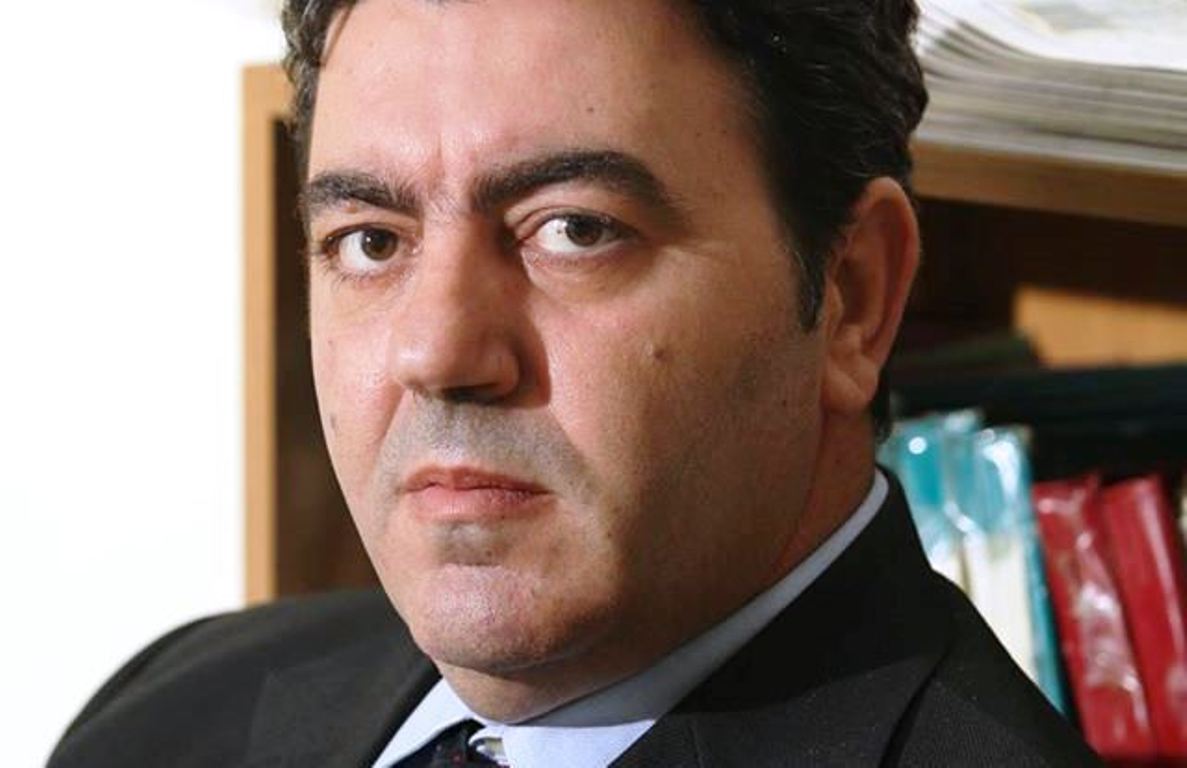
By Plator Nesturi
Political heat continues to rise and June 18 is being viewed as a demarcation line. For the majority, it remains an election date, where people will vote even without the opposition, while the minority considers it as the start of a civil disobedience or “revolution”, if consensus is not reached. The situation is really tense, while a protest is expected to take place in Tirana on 13 May. If it is not accompanied by any scenarios of aggressiveness, the right wing, which has been secluded in the tent for the past 70 days, will, at least, flex its muscles. However, in spite of the strong declarations issued by both sides, it seems that the path to consensus is nowhere near. And it will be not a last minute consensus, but extra time. Chances are slim, but this would bring a pause of normality and quietness for society and economy, which is not very optimistic for the future ahead. Under these circumstances, an agreement between the majority and opposition with the aim of overcoming the crisis must lead to a postponement of the elections, because sufficient time must be given to make the necessary changes in the electoral code. At a time when the sides have failed to reach an agreement, the majority has decided to enter the June 18 elections without the participation of the opposition. 15 political parties have registered at the Central Election Commission. They are mainly left wing parties or have been part in the same coalition as Rama in 2013. Only two registered parties have an opposition profile. Libra Party led by Blushi, who became Rama’s opponent when he left the Socialist Party six months ago, and Bojaxhi’s party, who left the Democratic Party three years ago.
Basha’s Democratic Party and other right wing parties have boycotted the elections. They have come up with a joint decision “not to participate in the so called parliamentary elections” and that they will escalate their action to civil disobedience.
Meanwhile, no elections have taken place in Kavaja on 7 May, following the revocation of the mandate of the socialist mayor as a result of the decriminalization law. It was the Prime Minister himself who withdrew the socialist candidate from the race following information that the opposition’s protest which would take place that day, would serve as a scenario for riots.
Meanwhile, some of the old DP leaders, such as the former Speaker of Parliament, Topalli or former minister Bregu, have slammed Basha on the policy of boycott that he’s following, arguing that the DP should in no way avoid the parliamentary elections. However, these critical voices are in minority and chances are that the process will escalate and this may lead to conflicts.
It’s hard to say that a victory without the participation of the opposition will serve Edi Rama for a long time. The crisis is still there and it may take unpredictable dimensions. Although all opinion polls confirmed a victory of the socialists against democrats, this arrogance in not reaching an agreement and in not making concessions to the opposition, may have consequences for the future. This is also accompanied by the economic crisis, poverty among low classes and high level of unemployment. But the aggravating climate seen with the current ally, the Socialist Movement for Integration may also produce an unfavorable situation in the future and lead to serious concessions that will be forced by the circumstances. It may lead to the holding of snap elections or the creation of a caretaker government.
Everything will depend on the scale of political aggravation which may be created. The DP may be right about some of the accusations that it has launched, but its way of making opposition has been very soft in the past four years and it hasn’t had a clear political strategy. The growing aggressiveness to make up for lost time may bear costs for the country. Viewed in a regional context, where tension has been present, the rising conflicts in Tirana may lead to dangerous consequences. So far, the DP has declared that it will hold peaceful protests and civil disobedience, but we’re more and more hearing the word “destabilization” in the political arena. So far, these signs are not clear, but the fact that the majority has refused any agreements and the fact that the opposition may react through violent protests, may lead to unrest with serious consequences.
Note: The views expressed in this article are the author's own and do not necessarily reflect Albanian Free Press’ editorial policy
